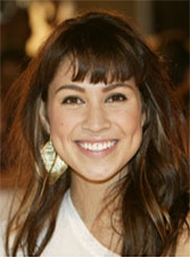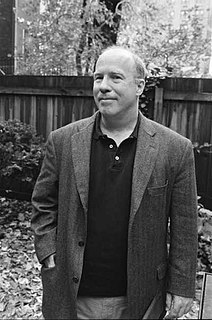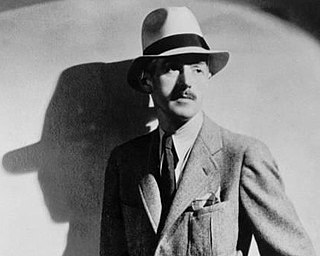A Quote by Neil Gaiman
If you give a writer a pile of blank paper and say you can write anything you like on any subject you want at any length you want, you will probably never get anything at all, whereas if you have 900 words to write, and it's fiction that is somehow op-ed fiction, and it needs to tie in with Halloween . . . okay, those are my constraints, that's where I now need to start building something.
Related Quotes
I write my first draft by hand, at least for fiction. For non-fiction, I write happily on a computer, but for fiction I write by hand, because I'm trying to achieve a kind of thoughtless state, or an unconscious instinctive state. I'm not reading what I write when I wrote. It's an unconscious outpouring that's a mess, and it's many, many steps away from anything anyone would want to read. Creating that way seems to generate the most interesting material for me to work with, though.
The writer learns to write, in the last resort, only by writing. He must get words onto paper even if he is dissatisfied with them. A young writer must cross many psychological barriers to acquire confidence in his capacity to produce good work-especially his first full-length book-and he cannot do this by staring at a piece of blank paper, searching for the perfect sentence.
No one can teach writing, but classes may stimulate the urge to write. If you are born a writer, you will inevitably and helplessly write. A born writer has self-knowledge. Read, read, read. And if you are a fiction writer, don't confine yourself to reading fiction. Every writer is first a wide reader.
I remember reading an interview with a writer who said that in nonfiction if you have one lie it sort of messes it up. But in fiction the real details give you so much more credibility, because people do so much research just to write fiction. In fiction you're trying to recreate something lifelike.
No one can teach writing, but classes may stimulate the urge to write. If you are born a writer, you will inevitably and helplessly write. A born writer has self-knowledge. Read, read, read. And if you are a fiction writer, dont confine yourself to reading fiction. Every writer is first a wide reader.
I think that the first point to be made is there is no "solution" in Afghanistan. Solution I put in quotes. We live in an op-ed culture, which is to say, you always need to have a solution. The last third of that op-ed piece needs to say, "Do this, this, this and this." There is no this, this, this, and this, that will make Afghanistan right.
I'm a storyteller, I'm not a literary writer, and I don't want to be a literary writer. People say to me, "Oh, when are you going to write something different?" What? I don't want to write anything different. I'm writing relationships between people, all different colors, all different sizes, all different sexual orientations, and that's what I want to do.
When you write, you want fame, fortune and personal satisfaction. You want to write what you want to write and feel it's good, and you want this to go on for hundreds of years. You're not likely ever to get all these things, and you're not likely to give up writing and commit suicide if you don't, but that is -- and should be -- your goal. Anything else is kind of piddling.


































